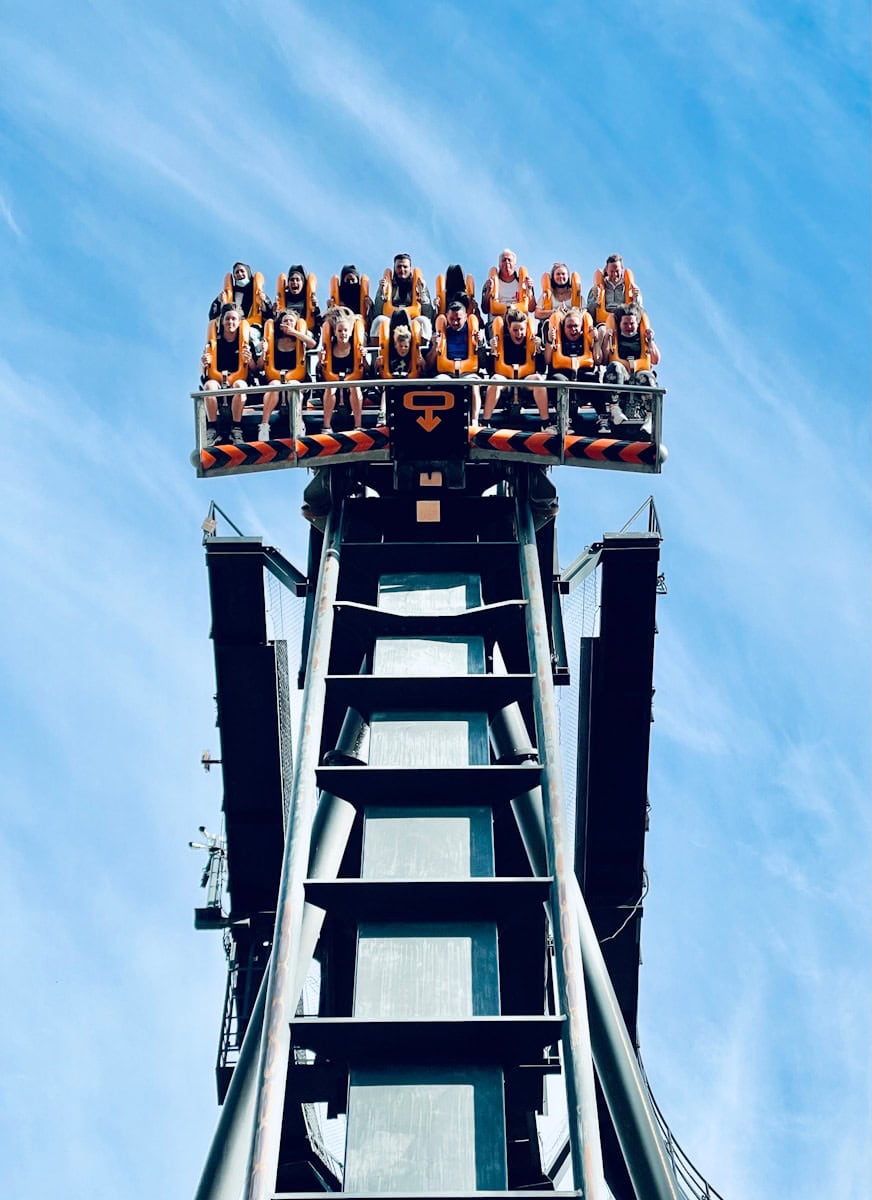by Laura Gasiorowski

The authors use a longitudinal simulation design in which debt and loss increase over time. They find that group hope and its effect on escalating commitment trumps group fear and its effect on terminating the venture. They also identify group engagement as the mechanism. That is, if a team is hopeful, they will take action and focus their attention on turning the ship around. If a team is fearful, they will disengage and reduce effort. Further, they find that teams that were closer friends considered each other’s fear (but not hope) more seriously during decision-making.
Their findings raise numerous questions about affect and friendship in entrepreneurship. When is close friendship amongst founding team members beneficial and when is it detrimental? What is the role of the team leader in the overall team affect and subsequent escalate/terminate decision? How can intermediaries (such as peers, mentors, accelerators, etc.) impact affect in entrepreneurial teams?
I reached out to the authors for more insight into their work.
What inspired this study?
This study was very much inspired by our conversations with nascent and seasoned entrepreneurs, where we discovered that the emotions of hope and fear are inherent in many entrepreneurs’ everyday lives. As OB/strategy/entrepreneurship researchers, we are intrigued by how these emotions play a role in their decision making – particularly the very important decisions, such as the one we examined – whether or not to persist through difficulties, or cut losses and end the venture.
Tori has been working with and for start-ups in the past few years, and she confirms that our research question is not just an academic issue but the reality for entrepreneurial teams. She commented, “It’s fair to say that I am experiencing the phenomenon myself every day now, and I expect that, in the near future, there will be further research on this topic.”
What do you hope entrepreneurs or practitioners get out of your findings?
In line with the findings of this research, we demonstrate the power of hope. We show that hope, rather than fear, guides entrepreneurial pursuits. The natural instinct to avoid danger is important as well, but there cannot be great pursuits without risk taking. Hope is also important to the process – as entrepreneurship is a process that requires continuous efforts in an extended period of time – and the “togetherness” people feel in the process as a team.
So many founding teams are made up of close friends. Do you see this as a good or bad thing and why?
It’s inevitable that like-minded people flock together. Being aware of the implications of working with friends is crucial. As we argue in the paper, friends “feel” for each other more because they care about each other. But friends do not necessarily “think” alike. Communication is key, and is often taken for granted in start-up teams, exactly because people are friends. Moreover, it is important for a team to have complementary skills as well as mindsets, no matter how close they are as friends.
Any interesting notes during the research process?
From overseeing all the lab sessions, we observed very interesting dynamics when teams were confronted with the decision to exit, particularly right before making the decision to end the simulation completely. What was at play was a mixture of friendship, leadership, individual personalities, superficial harmony, face-saving and history of working together. One thing that became obvious was that not all teams were prepared to make this decision – or any decision – together. We hope to explore this topic more in the future.




